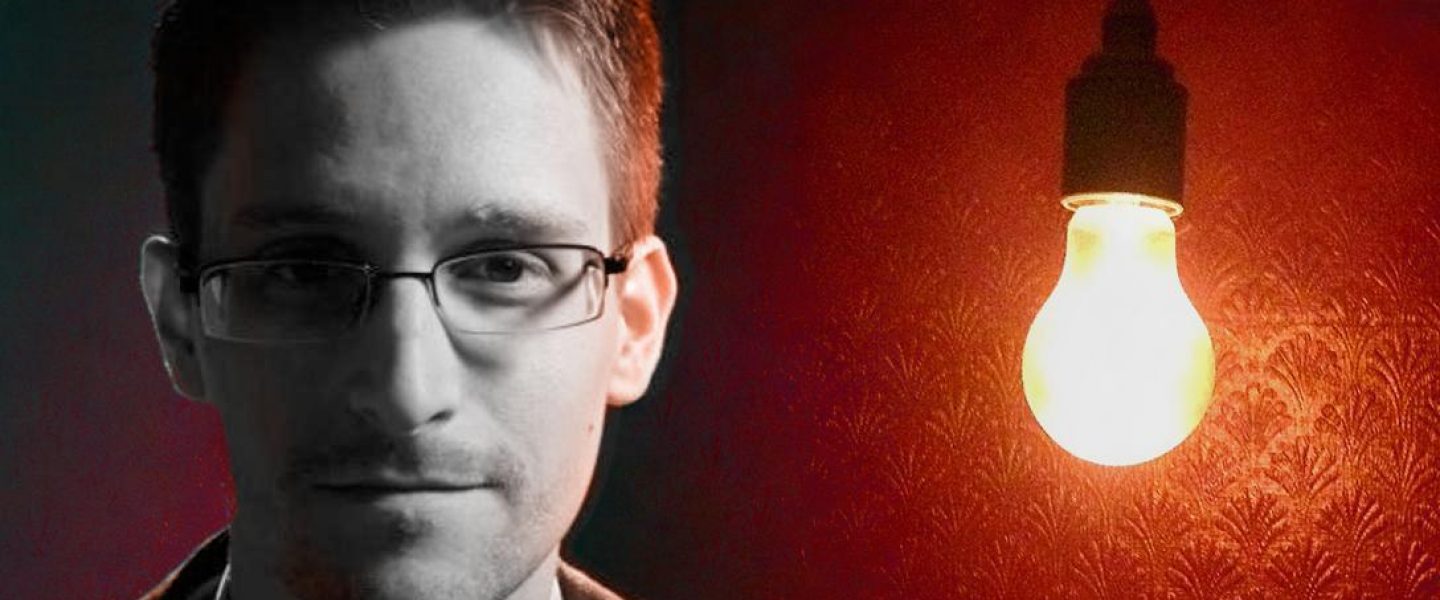The leaked Snowden files revealed the scope of the NSA’s mass surveillance of Americans. Since then, tech companies have boosted encrypted protection. A court order issued this week to Apple constitutes the biggest test to date over whether to permit government-mandated backdoors to encrypted devices.
Which is worse: losing your privacy, or losing a chance to catch a terrorist?
Last month, White House officials met with major technology leaders from Silicon Valley, including Apple, to discuss combating terrorism — and encryption was on the agenda. The talks collapsed over technology companies’ support for encryption, and Apple resisted meeting the FBI’s demand for help in hacking into encrypted data.
The US debate over privacy versus national security intensifies this week. On Tuesday, Magistrate Judge Sheri Pym of the Federal District Court for District of Central California ordered Apple to unlock the iPhone of San Bernardino shooter Syed Rizwan Farook. On Apple’s website a letter to customers, from CEO Timothy D. Cook, explains the company’s opposition to the order.
“The government is asking Apple to hack our own users and undermine decades of security advancements that protect our customers — including tens of millions of American citizens — from sophisticated hackers and cybercriminals. The same engineers who built strong encryption into the iPhone to protect our users would, ironically, be ordered to weaken those protections and make our users less safe.”
How should law enforcement and technology firms work together to approach this delicate issue? Here is a video that clarifies the logical, ethical and technical problems with creating backdoors to unlock encrypted material on cellphones and other devices.
Related front page panorama photo credit: Adapted by WhoWhatWhy from Computer USB Key (Patrick Finnegan / Flickr – CC BY 2.0)



